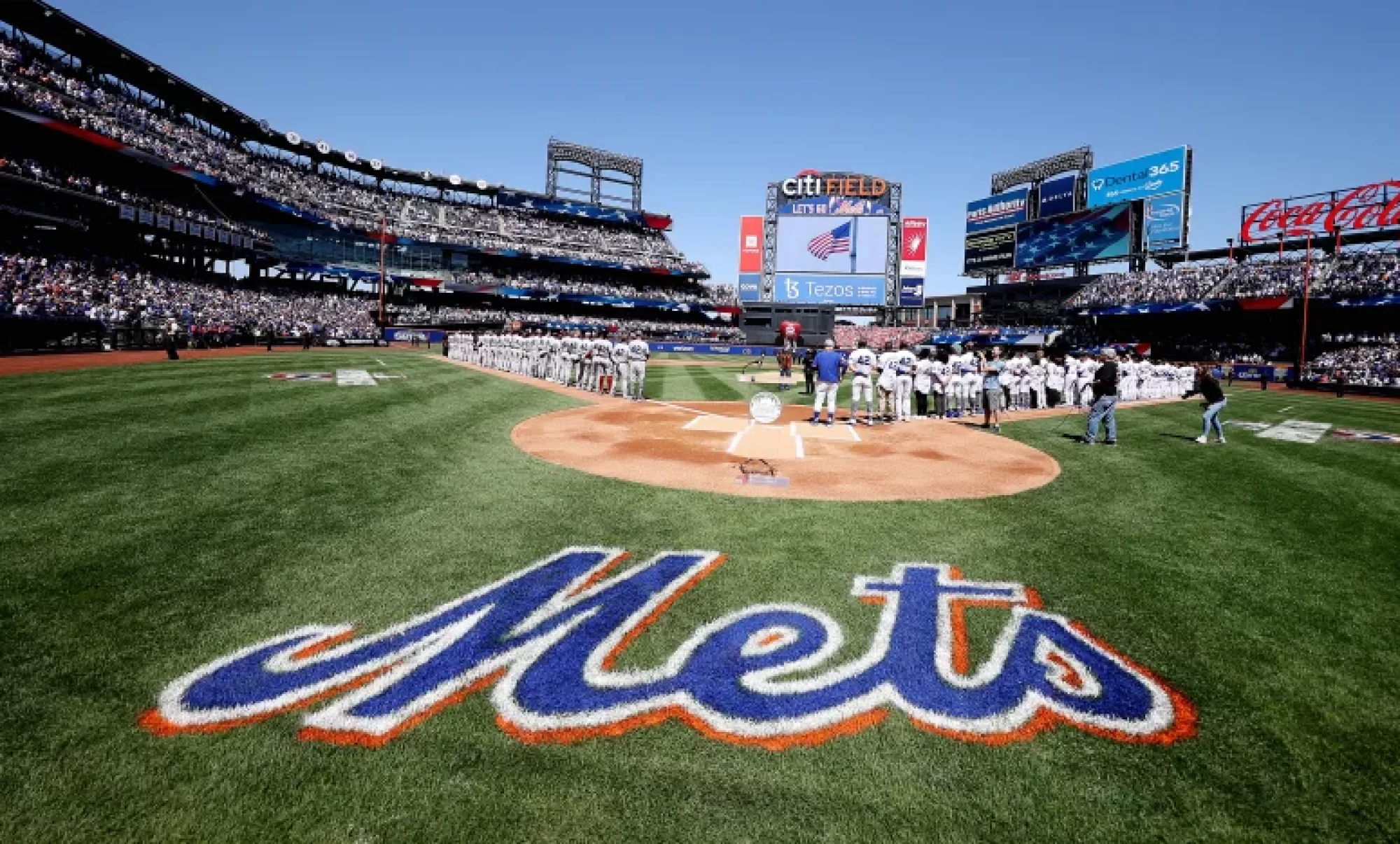On the eve of Mike Piazza’s retirement ceremony, my mind keeps coming back to one thing. Where did the time go? Just yesterday I was sitting on the edge of my couch, cheering on my newfound favorite team and sport: the New York Mets and baseball.
I can remember first getting into baseball at around 7 years old. My Dad would come home from work and I would immediately rush to him with my glove, his glove and a baseball and force him – yes at age 7- to have a catch with me.
The Mets were good in 1998, right about when I first got into baseball, but they weren’t at the level of being a World Series contender. Then, on May 22nd, 1998, the Mets acquired Piazza in a blockbuster move that excited the entire city. The Amazin’s finally had their superstar.
I remember hearing and feeling the excitement around Mets chatter. “Wow, Mike Piazza. He’s the bat we’ve needed,” people said. His addition legitimized the Mets.
Back in 1998, the team approximately 7 miles northwest in the Bronx was pretty good, to say the least. They had their own superstar that young Yankee fans who were my age looked up to in Derek Jeter, a 114-win season and a World Series championship just two years prior – the most wins by an American league team in the past 44 years. The excitement wasn’t just that we were now legitimate with Mike – it was also that we, Mets fans, believed our team could compete with our rivals and own the city the way we did only a decade prior.
As a kid, I was taught to have fun, enjoy myself and be humble. Be respectful and courteous to others. I chose my heroes carefully. Michael Jordan was one of course. What kid growing up in the 1990’s didn’t look up to his airness? I started to fall in love with baseball and wanted a hero to look up to in the sport and on my new favorite team.
When Mike came along he was humble, courteous, soft spoken, rarely made the story about himself and most importantly to me, fit into the team and instantly became a leader.
A new role model emerged for me.
Piazza and I didn’t exactly have a lot in common. He hit home runs and had a lower body that I had never seen before. His legs were so long, so powerful that it was almost as if he had two bodies. I, on the other hand, barely reached four feet in fourth grade.
Piazza continued to produce as the years went by. In 1999 Piazza hit 40 home runs, drove in 124 runs and had a .303 average. In 2000 he hit 38 homers, had 113 rbi and a .324 average. In 2001 he slugged 36 homers, drove in 94 runs and had a .300 average and in 2002 his line was 33, 98 and .280.
The 1999 and 2000 Mets were fun. They made the playoffs both years and brought in veteran players like John Olerud, Robin Ventura, and Rickey Henderson to play alongside Piazza. They won 97 games in 1999 and 94 games in 2000, both years winning the first round of the playoffs and making it to the last four teams remaining. After the 2000 season, in which they won 94 games, things went south. In 2001: 82 wins for the Mets. In 2002, 75 wins. And in 2003, 66 wins.
They weren’t fun to watch in those post 2000 years. People still showed up, though, because of Piazza. Because of the possibility of seeing a mammoth home run, one in which his torso moved so fast and with such ferocity that he could open a door if there was a string attached to both his waist and a doorknob.
It wasn’t just that he was a great player. He was humble, a leader and kept to himself. He kept his values of family and his Italian culture with him wherever he went. He never let the fame or money change who he was.
Mike brought a mischievous 8-year-old kid into the game of baseball, who, to this day, still follows the game religiously. He created an entire generation of Mets fans.
Thank you Mike, for being one of the main reasons I started following baseball.


